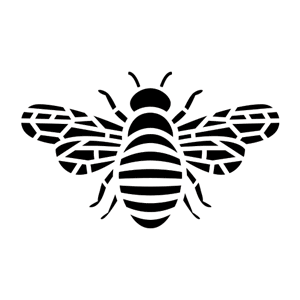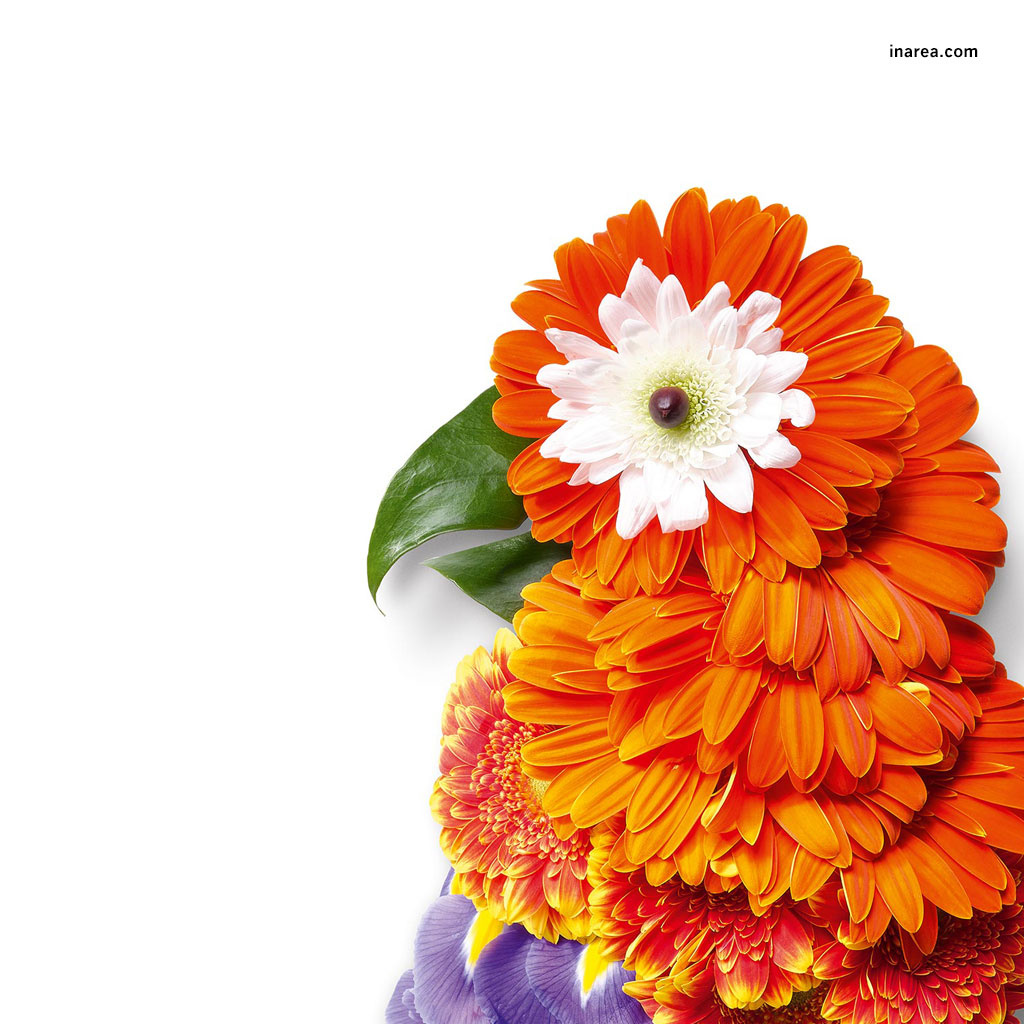In many countries – including Italy – Carnival is traditionally a season of excess and masquerading, of merrymaking before Lent. Anything goes, topsy-turvy becomes the new normal; and as revellers strut around in fancy dress, preening themselves like parrots, the comic, the ironic, the burlesque and the satirical become jumbled up and difficult to distinguish from each other.
One person who did attempt to distinguish between the funny and the ironic was Italian author Luigi Pirandello. He wrote that seeing a lady gauchely dolled-up like “an exotic parrot” might make one laugh because of one’s perception of the opposite. On the other hand, it could well be that this same lady finds no pleasure in dressing up that way and that she might only be doing so in order to hold on to the love of a younger husband or to deceive herself into thinking she can make time stand still… Pirandello concludes that this reflection makes one shift to a feeling of the opposite, with the initial impression of comicality giving way to what he defines as a sense of the “humoristic” – an Englishman would probably mention a “wry smile”.
During Carnival, however, the parrot-lady will be able to get away with such over-dressing and heavy make-up. And, especially if her anonymity is hidden behind a mask. who’s to say that she won’t feel as free as a bird and as fresh as a daisy?

